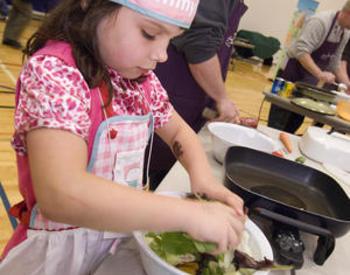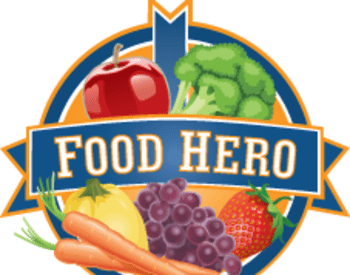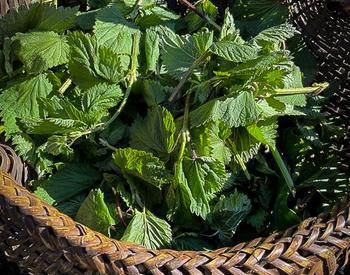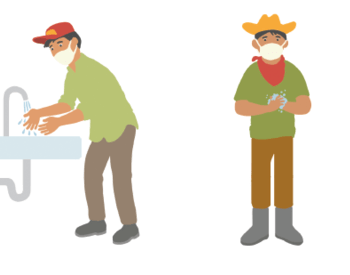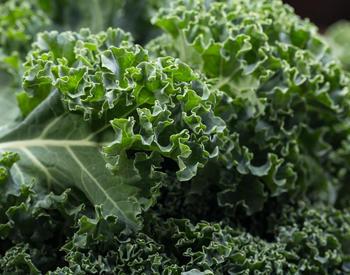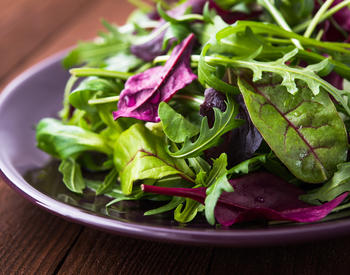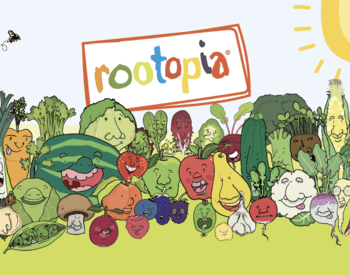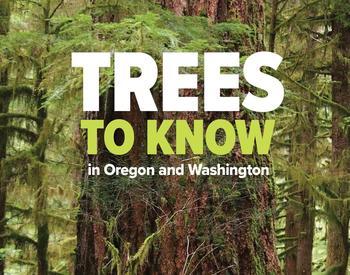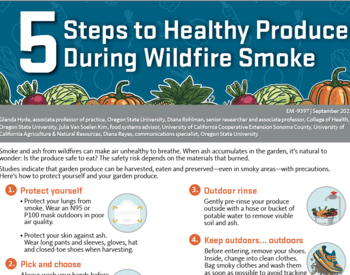I have a client who is newly a single parent and knows very little about nutrition and cooking but wants to learn. He has two children, one with ADHD and one on the Autism spectrum. We discussed the possibility of changing their diet to help manage their diagnoses, including the addition or elimination of certain foods. Thanks, in advance, for any help and info!
Thank you for your query. Many studies indicate that dietary improvements can reduce symptoms of ADHD and Autism.
Which foods to avoid
Reducing or eliminating the following foods can potentially reduce symptoms:
- Processed foods: Commercially packaged snacks and treats are associated with increasing symptoms.
- Individually allergenic food items: Food items commonly related to intolerances and suggested removal from the diet included pork, beef, wheat, dairy, eggs and corn products.
- Caffeine and sugars: This includes sweetened beverages, fruit juice, processed foods, and foods that contain caffeine.
Which foods to prioritize
- Plant-based foods: The protective effects of plant foods are related to their antioxidant and anti-inflammatory properties. These foods also are rich in micronutrients. Researchers found that a plant-based diet is associated with reduced ADHD.
- For help starting a plant-based dietary pattern, check out the OSU program Food Hero. There are recipes in English and Spanish that prioritize adding more fruits and vegetables to your family's diet.
- Probiotics: A healthy microbiome was a strong area of research in ADHD management. Food sources of probiotics include tempeh, non-dairy yogurts with live cultures, fresh sauerkraut and fresh pickles with live active cultures (found in the refrigerator section of most grocery stores). Probiotic supplements that contain Lactobacillus rhamnosus GG and multi-species are recommended for these desired outcomes.
- High-fiber foods: Once consumed, the organisms in probiotics feed off of fiber in our plant foods. They prefer foods high in soluble fiber like legumes (beans, lentils, soy), flaxmeal, chia seeds, oats, barley and skins of fruits like apples and grapes. These foods help to grow colonies of healthy, helpful bacteria, which can reduce ADHD symptoms and improve outcomes.
